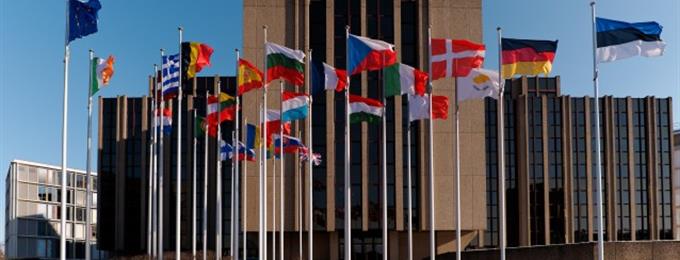The European Court of Auditors approves the 2018 accounts of all 7 Joint Undertakings of Horizon 2020 and confirmed the positive results of the last years.
On 14 November 2019, The European Court of Auditors (ECA) approved the 2018 accounts of all seven of the EU’s Joint Undertakings (JU) under Horizon 2020. The audit confirmed that their financial management is healthy and highlighted the JUs’ contribution to linking research to societal growth and bringing innovation closer to the market.
JUs are the public-private partnerships under Horizon 2020 (H2020), they include industry, research groups and Members States and carry out specific projects and contribute to policy in seven particular fields of research and innovation. The European Commission (EC) represents the EU in the JUs. An additional JU on “Fusion for Energy” is currently operating under the International Thermonuclear Experimental Reactor (ITER). The JUs are established with a separate legislation under Art. 187 of the Treaty for the Functioning of the European Union (TFEU) and were supported with EUR 2.2 billion from the European Union in 2018. The private partners provide in-kind contributions to operational activities and cash towards administrative costs. All JUs under H2020 run from 2014 to 2024, with 2018 marking the mid-point of the programme period.
Despite the approval of the accounts and the legality and regularity of payments and revenue underlying the 2018 annual accounts for all seven JUs under H2020, the auditors reported that programme progress and related contributions fell short of targets, which should have been reached by mid-term. At the end of 2018, , the JUs had on average only implemented 39% of their planned H2020 and related additional activities. The auditors also made several observations highlighting areas for improvement. These concerned mainly budgetary and financial management issues, in-kind contributions by members, internal controls for payments and grant procedures.
In the detailed annual report on the EU JUs for 2018, the auditors make further recommendations. They criticise that industry members contribute to activities that are in line with the JUs’ objectives, but lay outside the actual work programmes. For the future, such industry in-kind contributions should add to the JUs’ operational activities. They also suggest supplementing the interim evaluations of the JUs at a later stage, when they have done enough work to allow an adequate measure of performance. In cooperation with the EC, the JUs should also try to combat their high staff turnover rates and avoid the use of excessive interim staff. In addition, JUs are encouraged to explore further opportunities for cooperation and synergies among themselves and concerning their operational activities.
Under Horizon Europe, the overall partnership structure will change. This also means that JUs will have to undergo some changes. Public-private partnerships in accordance with Art. 187 TFEU will turn into institutionalised partnerships, one of three forms in the future partnership landscape (the others are co-programmed and co-funded partnerships). The EC has made 12 proposals for such institutionalised partnerships, which cover all areas of the current JUs and provide successor partnerships with a similar or enlarged scope. They are undergoing an impact assessment and legislative proposals will have to be adopted by the EC and Member States before they can be launched.

